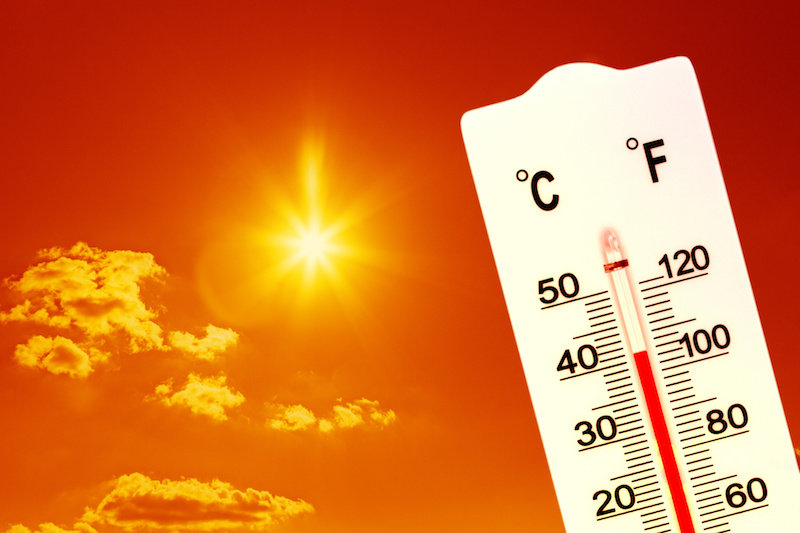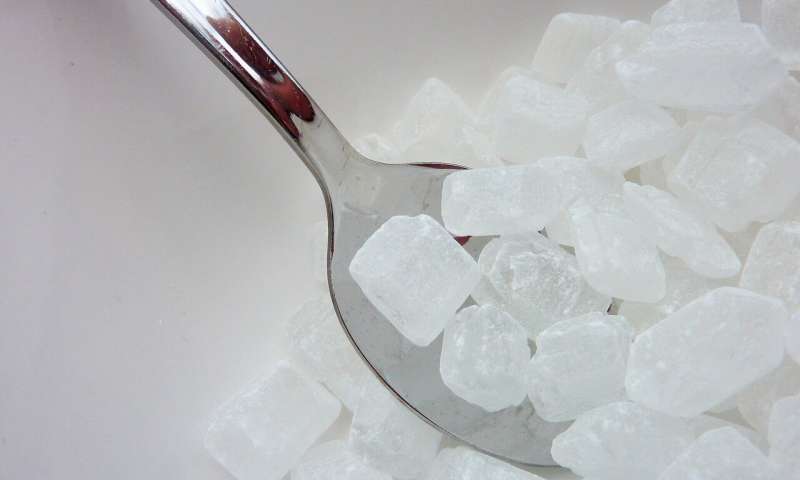
Geo-tag features on Instagram which allows people posting to add a link to the location where the photo was taken, can result in hordes of people showing up exactly where it was, all in quest of that same view.

Much of the planet sweltered in unprecedented heat in July, as temperatures soared to new heights in the hottest month ever recorded. The record warmth also shrank Arctic and Antarctic sea ice to historic lows.

The rate of deforestation today is pushing the world's largest rainforest closer to a point beyond which it cannot recover. 1,345 square kilometers of the region have been cleared so far this month, higher than the previous monthly record.

Meanwhile Belgium, Germany, Luxembourg and the Netherlands also reached new record highs, of 41.8C, 41.5C, 40.8C and 40.7C respectively.

Increasing temperatures due to climate change will shift climatic conditions, resulting in worse air quality by increasing the number of days with high concentrations of ozone, which has large negative impacts on health.

Since 1974, scientists have warned of the risks of brain damage, liver and lung cancer, brain lesions and neuroendocrine disorders from consuming aspartame, which is found in thousands of products around the world.

Hot weather has engulfed a huge portion of the Arctic, from Alaska to Greenland to Siberia. Yet another symptom of an Arctic transitioning into a more volatile state as the planet warms.

It has been almost twenty years since leading chocolate manufacturers signed an agreement to eradicate child labor in 2001. However they failed.

Within the next 80 years, the world's population is expected to top 11 billion. A new article describes how the increase in population and the need to feed everyone will give rise to human infectious disease.

Low-carbon geopolymer cement can reduce CO2 by up to 90 percent. But it costs three times as much as the usual cement and nobody is buying it.

This June was around 1C hotter than the previous record set for Europe in 1999, and about 1C higher than expected from the trend in recent decades, the Copernicus Climate Change Service reported.

Increased solar radiation penetrating through the damaged ozone layer is interacting with the changing climate, and the consequences are rippling through the Earth's natural systems, effecting everything from weather to sea mammals.

Researchers have assessed a range of possible scenarios regarding the rate of climate change in 173 African cities for the years 2030, 2060 and 2090. Their results show that a third of African city-dwellers could be affected by deadly heat waves in 2090.

Temperatures in India reached 50.3 degrees Celsius (122.54 Fahrenheit) last week, nearing the record high of 51 degrees Celsius set in 2016. The scarcity of water has prompted fights and stabbings at relief points.

Concentrations of antibiotics found in some of the world's rivers exceed 'safe' levels by up to 300 times, the first ever global study has discovered.